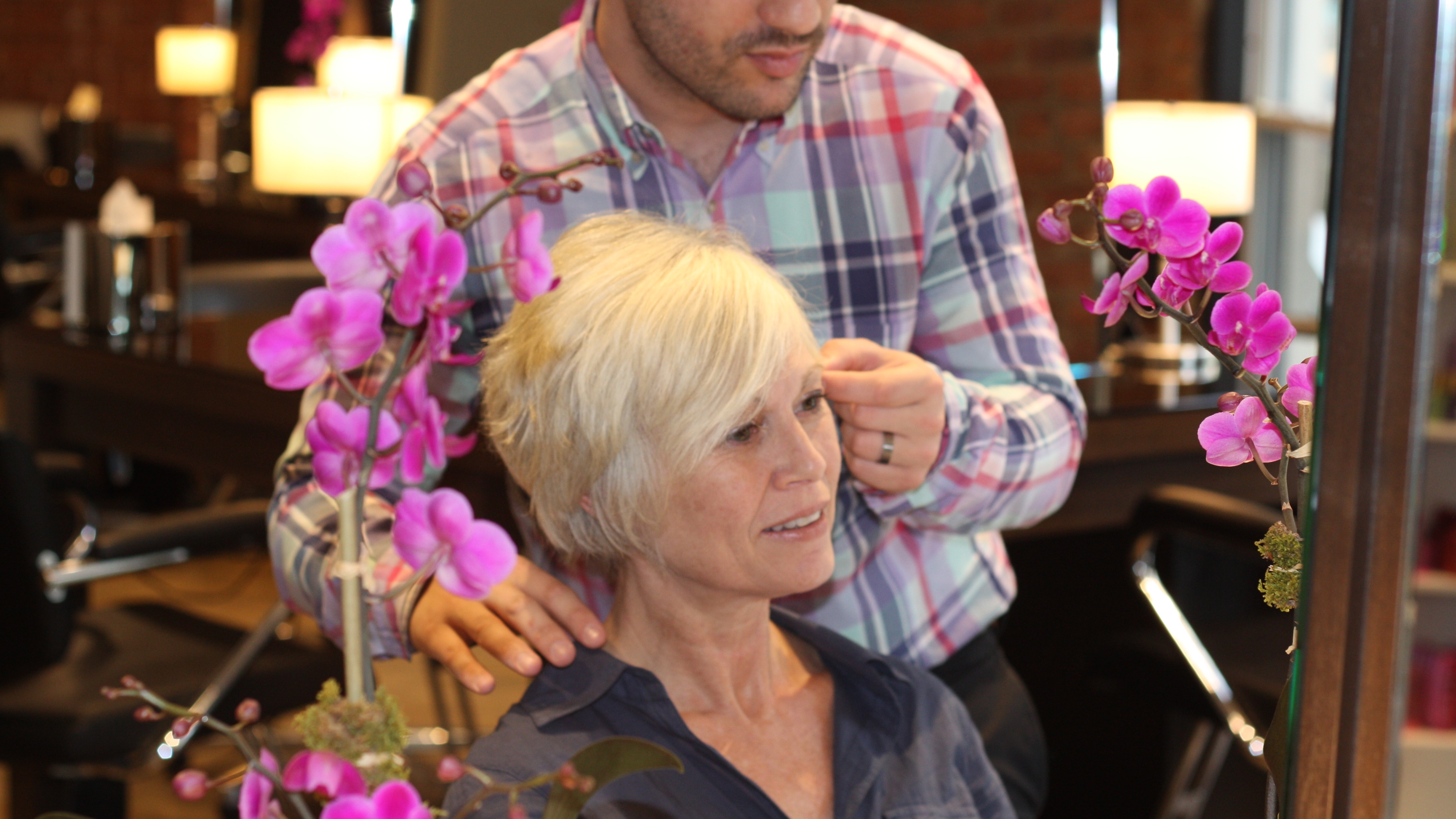
Recently, Calvin Klein got bashed in social media for featuring a size 10 model. People were upset because they assumed Calvin Klein was featuring her as a token plus-size model. In reality, they were simply featuring a beautiful woman as part of their perfectly fit campaign.
I was caught up in the label debate when I was modeling for a top agency (because they were mostly good to me, I don't want to smear their name here). When I was signed with the agency, I was a size 14-16. Although I was proportionate, I was overweight for my 5-foot, 9-inch frame. Over the next couple of years, I booked some great jobs with retailers like Nordstrom, Saks and Mary Kay. These retailers treated me wonderfully, but I was almost always the token plus-size model.
During the same time, I worked my butt off (literally) and slimmed down to a size 10-12. My agent wasn't concerned about my weight loss, at first, until it affected her bottom line.
A regional department store held a casting for their back-to-school campaign. I was one of the few plus-size models from my agency invited to the casting. Size 0-2 women surrounded me as we formed a line facing the casting director's table.
She asked each of us to walk for her, pose and introduce ourselves when we got to her table. As the line of slim models dwindled, it was finally my turn. I walked confidently up to her and introduced myself.
The first thing out of her mouth was "what are you?" she stated as more of a rhetorical question, in a rude and demanding tone. "You aren't a plus-size model, you're a misses." She continued, "you aren't large enough to be a plus-size model." Without another look, she dismissed me.
Later that day, my agent called me to ask how the casting had gone. When I told her what the casting director said, my agent's response was, "you need to gain weight." There was no conversation about my health, or my current size or whether this casting director's opinion was representative of all clients in my region.
I was in shock. After all my hard work to lose almost 30 pounds, the department store and my agent rejected me because I no longer fit into their ideal definition of a plus-size model.
There is a continual tug of war over the term plus size because the fashion industry and society have different definitions of the term. Most fashion industry experts would consider plus size anything above a straight size range of 0-4, with most plus-size models ranging from 10-14 (in my agent's case, she really wanted size 14-16 for clients in our region). Whereas, retailers and society view plus-size clothing as anything above a size 14. It's all very confusing.
I applaud Calvin Klein for not using labels and casting a non-standard-sized model. It is a shame their efforts to break from conformity received negative backlash from the media and consumers because of the misunderstanding over the term plus size and our continual need to label people.
I understand why we have labels. Categories and labels help us make sense of the world. I just hope there comes a time when these labels lose their salience, where more retailers cast women because of their beauty and personalities, not because they fit into categories of plus size or straight size.









